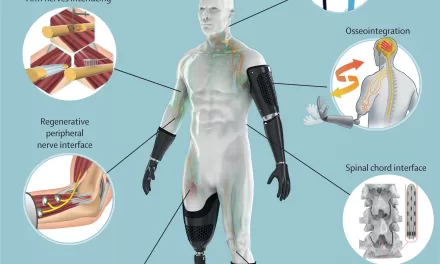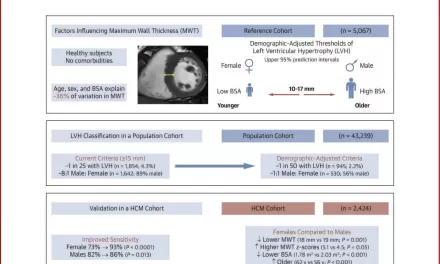
Date: January 18, 2024
Living with rheumatoid arthritis, particularly when coupled with hypertension, poses challenges and elevates the risk of cardiovascular problems. However, a recent study conducted at the University of São Paulo (USP) in Brazil unveils promising news for women battling these conditions. The research suggests that a simple 30-minute walk at moderate intensity can temporarily reduce blood pressure in women with rheumatoid arthritis, both at rest and under stress. These findings highlight the potential of exercise as a non-pharmacological method to effectively control blood pressure in patients with rheumatoid arthritis and other autoimmune inflammatory diseases.
Insights from the Study: The USP study involved 20 women volunteers diagnosed with rheumatoid arthritis and hypertension. Results indicated that a brief 30-minute walk not only prevented a rise in blood pressure but also led to an average reduction of 5 mmHg in systolic pressure. Importantly, this blood pressure reduction persisted even after stress tests, suggesting that exercise could play a significant role in mitigating cardiovascular problems in rheumatoid arthritis patients.
Exercise as Complementary Blood Pressure Control: These findings underscore the importance of regular physical activity in cardiovascular management for individuals dealing with rheumatoid arthritis. While medication remains a crucial component of blood pressure control, the study suggests that exercise can serve as a complementary method, potentially reducing the dependency on medication. Beyond blood pressure control, walking offers holistic health improvements, making it a valuable addition to the daily routine for those managing rheumatoid arthritis.
Corroborating Evidence: The USP study aligns with similar findings from other research initiatives. A 12-week walking program involving 41 women with rheumatoid arthritis demonstrated a significant reduction in blood pressure. The consistency across various studies emphasizes the effectiveness of regular physical activity, such as walking, in managing hypertension in women with rheumatoid arthritis.
Practical Advice for Patients: For women dealing with rheumatoid arthritis, incorporating a 30-minute moderate-intensity walk into their daily routine can prove transformative. It is crucial to approach this change gradually, starting with shorter walks and progressively increasing the duration. Listening to one’s body and avoiding overexertion are key considerations. Before initiating any new exercise regimen, consulting with a healthcare provider is highly advised.
In conclusion, the study sheds light on the underestimated power of walking, especially for women managing rheumatoid arthritis. Coupled with appropriate medication, a simple 30-minute walk emerges as a powerful tool offering significant health benefits, including lower blood pressure and overall improved well-being. These encouraging findings underscore the importance of integrating regular physical activity into the management strategies for rheumatoid arthritis and hypertension.











